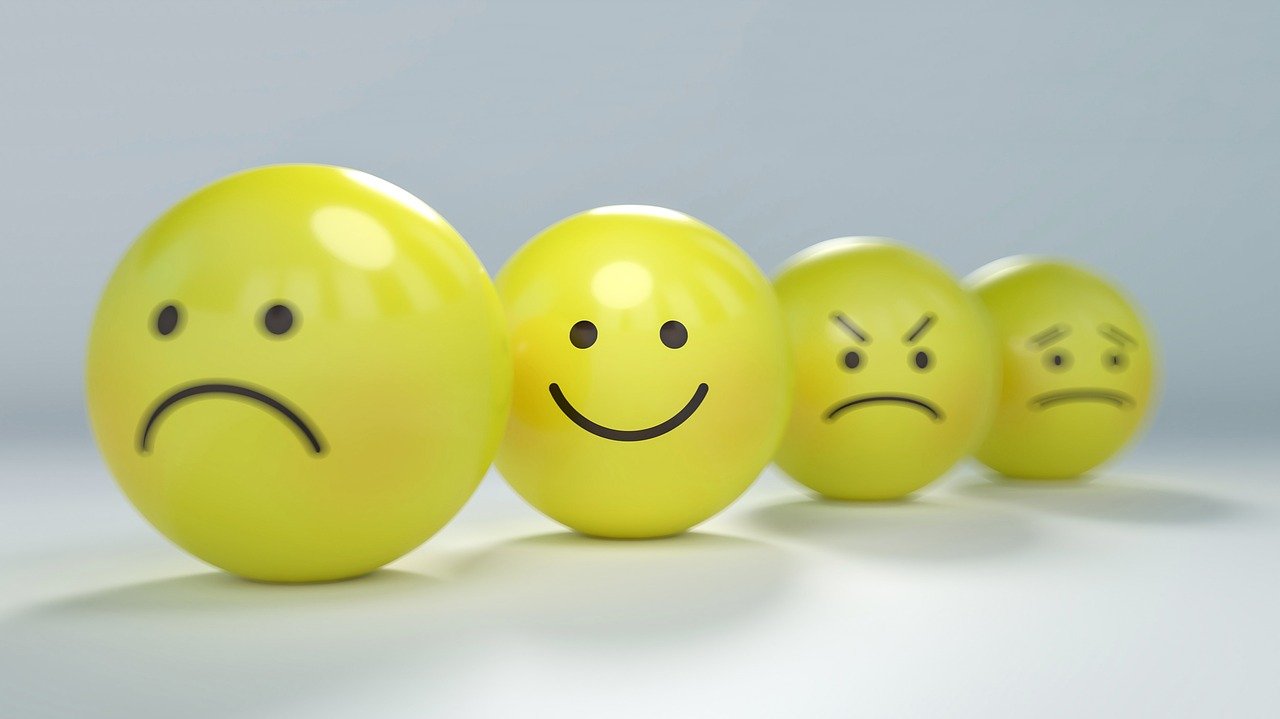
Signs You Are Addicted to Marijuana
According to the National Center for Drug Abuse Statistics, almost half the population (45%) of Americans have used it at least once. The study also says 55 million people use it, making it one of the country’s most widely used drugs.
Yes. I’m talking about marijuana, also known as weed.
The statistics above show why so many Americans are addicted to marijuana. That’s why you need to be able to know the common marijuana addiction symptoms. These 8 signs will show you when you or a loved one need to get marijuana addiction treatment.
8 Signs You or a Loved One Are Addicted to Marijuana
Marijuana addiction, technically known as Cannabis Use Disorder, doesn’t lead to death by overdose as with other hard drugs, but it still does have some adverse effects. Some of the effects can lead to ruined relationships, careers, and some health consequences.
That’s why catching weed addiction early and nipping it in the bud before it wreaks havoc is important. Here’s how you can tell if a loved one or you are addicted to marijuana:
1. Strong Cravings
Some of the first symptoms of marijuana addiction are strong cravings associated with prolonged times without using. Even if the person tries to quit, they’ll experience intense urges to use it.
2. Loss of Interest in Activities
Another common indicator that a person is addicted to weed is the loss of interest in social and recreational activities. Marijuana addiction causes the loss of motivation and the desire to participate in activities they usually enjoy. The reason for this withdrawal is that the person would rather spend their time using marijuana.
3. Memory Loss
One of the effects of marijuana is that it can produce short-term effects on the brain. These can impair thinking and memory. The main reason for this short-term memory loss is marijuana’s main psychoactive chemical, tetrahydrocannabinol (THC). THC causes the “high” sensation by attaching to receptors in regions of the brain essential for memory formation. As a result, a common symptom of weed addiction is short-term memory loss.
4. Emotional Instability

When a person is addicted to marijuana, they become an emotional roller-coaster. Moods can change at any moment, and they may exhibit negative emotions when they haven’t used it in a while. Examples of such negative emotions include:
- Irritability
- Anxiety
- Depression
- Uncontrollable anger
- Restlessness
When “high,” marijuana users can also exhibit positive emotions like happiness, excitement, and silliness. In most cases, however, these are displayed in extreme forms.
5. Behavioral Changes
Another sign to watch out for when you suspect that a loved one or you are addicted to marijuana is a behavior change. These can include isolating oneself and only spending time with other users. Failure to keep oneself properly groomed is another noticeable behavioral change.
6. Broken/Strained Relationships
Because a person addicted to weed loses interest in many things, they don’t put effort into their relationships. This usually leads to the relationships around them suffering, especially the important ones. The first relationships to break down are usually those with people who try to dissuade the person from using marijuana.
7. Physical Changes
Some of the most apparent signs of marijuana addiction are the physical changes that happen to the person who uses it. Examples include:
- Bloodshot eyes
- Sweating
- Tremors
- Chills
- Inability to sleep
- Lack of appetite/voracious appetite
- Dry mouth
- Impaired coordination
These, and more, physical changes are indicators that point to Cannabis Use Disorder, and they must be taken seriously.
8. Psychosis
While most mental effects of marijuana addiction are temporary, prolonged use can lead to a condition known as psychosis. This is a condition that affects how your brain processes information. Because of this, a person addicted to marijuana can lose touch with reality. They may even see, hear, and believe things that aren’t real.
While psychosis can be treated, it could lead to mental illness if not addressed quickly.
Addicted to Marijuana? Steps to Recovery
Whether used legally or illegally, marijuana has high addiction rates. If not addressed quickly, the addiction could lead to dire health, career, and relational consequences. That’s why you must take the necessary steps toward marijuana addiction recovery.
Step 1: Take a Close Look at Yourself
The first step to addiction recovery is to take a close look at yourself and consider how your life matches against the symptoms mentioned above. If you find that you experience some of the weed addiction symptoms, you must accept and acknowledge that you need help.
Step 2: Get Professional Help
Like most drug addictions, breaking the habit on your own is next to impossible. That’s why you must seek professional help. The best place to get professional help is at a drug addiction center like Yellowstone Recovery. Overcoming addiction requires the help of trained professionals, as they are better equipped to understand and help you walk the path to complete recovery.
Trying to overcome the addiction on your own could lead to frustration, which, in turn, can lead to you relapsing. It ends up becoming a vicious cycle that may leave you worse off.
So, if you or a loved one are addicted to marijuana, get in touch at (888) 418-4188, and we’ll help you take the steps you need to recover from addiction.
Sources:








